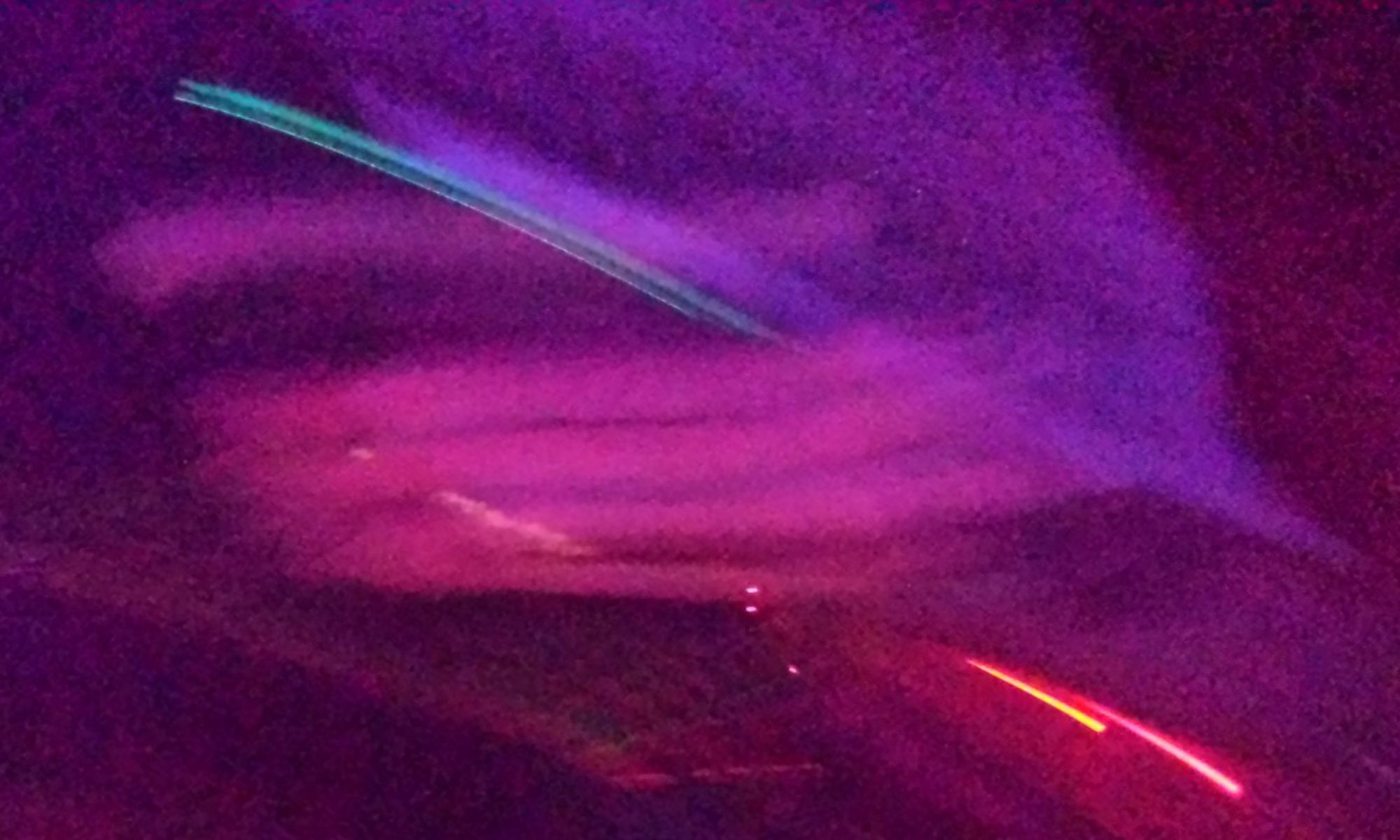After 24 years at CBS’s FACE THE NATION, veteran journalist Bob Schieffer said goodbye to his Sunday morning audience. In those 24 years, Schieffer led the round table of journalists from newspapers, magazines, and occasionally TV. Current Slate political correspondent and former Time magazine political reporter John Dickerson will take over for Schieffer. Dickerson continued the tradition of having the majority of the panelists come from traditional “print” news outlets, but at least including a colleague from Slate.
This is not a surprise considering many older journalists, I’ve encountered, consider newspaper journalists like Bob Woodward their heroes. But they also consider “print” journalists more “serious” than their colleagues in other mediums. Some older veteran journalists have even been unabashedly caught making disparaging remarks about new media and other non-newspaper journalists. One newspaper writer from a large Midwest newspaper regularly makes these types of remarks on Twitter calling broadcast journalists “news updaters” and Gawker journalists “content thieves.” Once in conversation with a newspaper reporter, I was told that they are the “real journalists” because they uncover information while broadcast and digital reporters just copy information they read in newspapers.
While many veteran journalists like Schieffer have not made such condescending remarks publically, they have expressed an opinion that the future if journalism seems bleak. Schieffer’s statements made in a farewell interview with CNN’s Brian Stelter expressed this viewpoint. When asked about the future of journalism, Schieffer seemed skeptical that younger generations were up to the task of “real journalism”.
“I don’t know where reporters are going to work in the future,” said Schieffer. “If they’re going to work at a website, or at a cable (station), at a network, or at a newspaper. I hope a lot will work for newspapers (be)cause I’m really worried about the state of newspapers now. ”
He has reason to be worried. Newspaper readership and ad revenues are still declining, even with many now offering a digital version. It seems unlikely that in the future there will be many jobs available any time soon for freshman journalists in newspapers. In fact purely digital news sites, like Slate, Mic, and Wired are popping up all over the internet, providing jobs for young journalists who will work for less than most veteran journalists. But do the veteran journalists considering these outlets legitimate bastions of “real journalism”?
In Bob Schiefer’s world, the internet can’t be trusted and neither can the journalists who write for it.
“Getting accurate information is harder now than it’s ever been,” said Schieffer.
“Even though the internet has made it more accessible?” asked Stelter.
“Yes, because most of the information is wrong,” said Schieffer. “We’re just overwhelmed by news. There’s just so much news we can’t get to the news.”
He goes on to say that it’s “mainstream” journalists job to “cut through this great mall of information and tell what we think is relevant.”
In the future, I’m doubtful “mainstream” journalism of newspapers and TV will exist in its current state. Traditional print journalists, as well as ever other kind of journalists, is being asked to create digital content. That could mean written word, audio or video footage, or social media posted on their news outlet’s website. The mediums are blending. This may force some veteran journalists to re-think about what they consider “real journalism”, while others are destined to remain clinging to their traditional ideas as they exit the building either willingly or by force.
